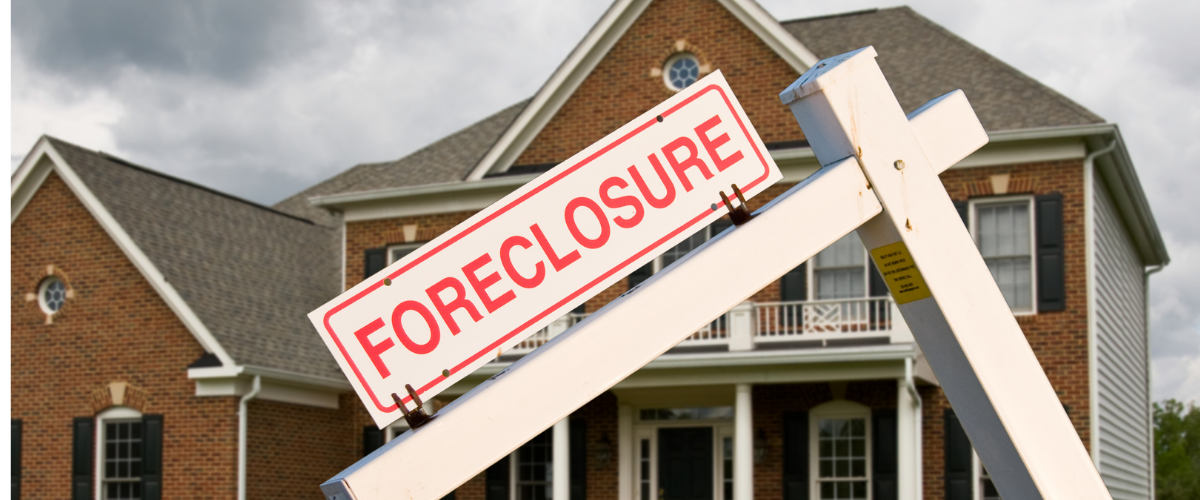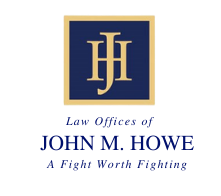- Home
- About
- Personal Injury
- Criminal Defense
- Assault and Battery
- Battery on Public Service Worker
- Burglary of Dwelling, Structure or Conveyance
- Dealing with the Police
- Domestic Violence
- Drug Possession and Trafficking
- DUI Defense
- Federal Crimes
- Firearm Possession
- Grand Theft
- Homicide / Murder
- Indecent Exposure
- Juvenile Defense
- Kidnapping / False Imprisonment
- Robbery / Armed Robbery
- Sealing and Expunging of Criminal Records
- Sexual Assault and Battery
- Stolen Property
- Traffic Crimes
- Violation of Probation
- Commercial Litigation
- Contact


